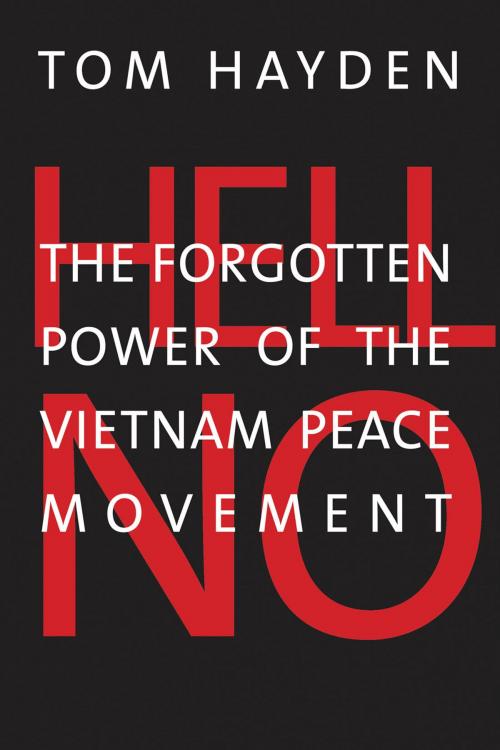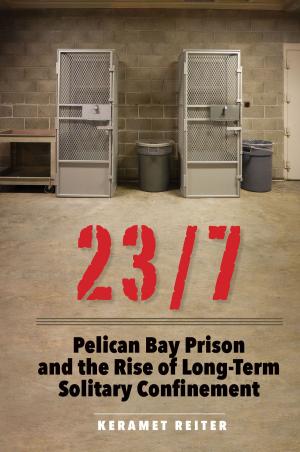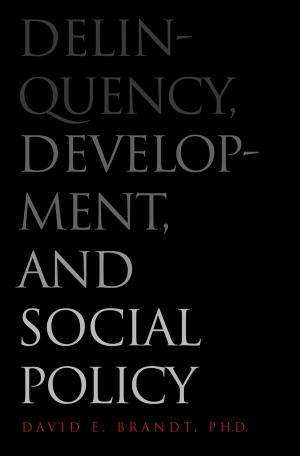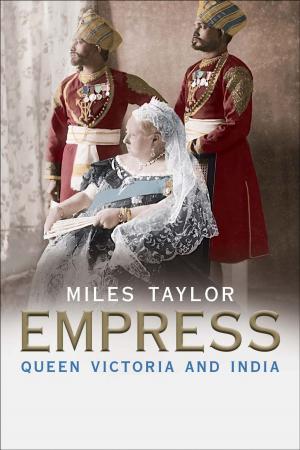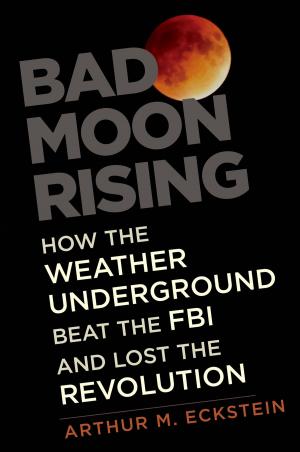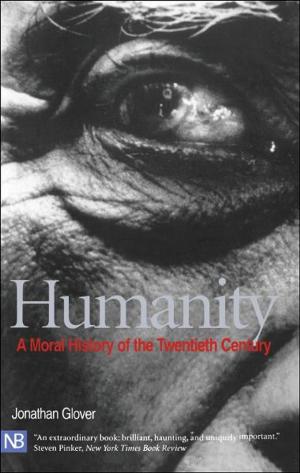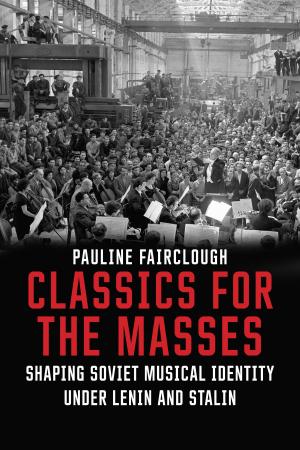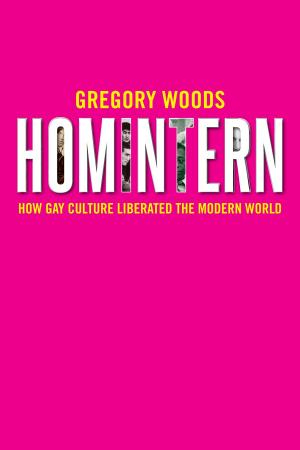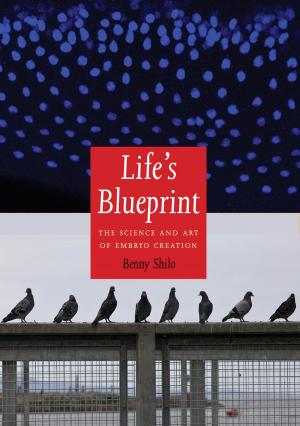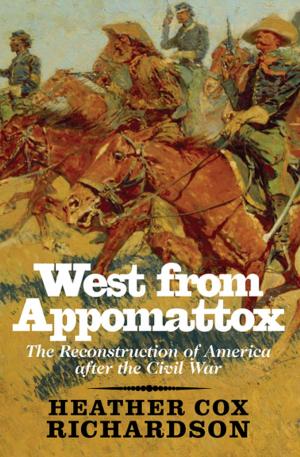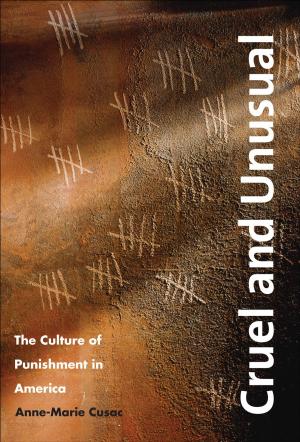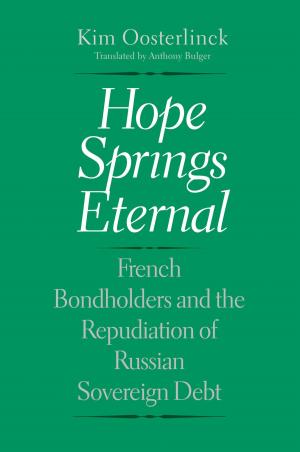Hell No
The Forgotten Power of the Vietnam Peace Movement
Nonfiction, History, Military, Vietnam War, Asian, Americas, United States, 20th Century| Author: | Tom Hayden | ISBN: | 9780300227697 |
| Publisher: | Yale University Press | Publication: | January 31, 2017 |
| Imprint: | Yale University Press | Language: | English |
| Author: | Tom Hayden |
| ISBN: | 9780300227697 |
| Publisher: | Yale University Press |
| Publication: | January 31, 2017 |
| Imprint: | Yale University Press |
| Language: | English |
Why those who protested the Vietnam War must be honored, remembered, and appreciated
“Hell no” was the battle cry of the largest peace movement in American history—the effort to end the Vietnam War, which included thousands of veterans. The movement was divided among radicals, revolutionaries, sectarians, moderates, and militants, which legions of paid FBI informants and government provocateurs tried to destroy. Despite these obstacles millions marched, resisted the draft on campuses, and forced two sitting presidents from office. This movement was a watershed in our history, yet today it is in danger of being forgotten, condemned by its critics for everything from cowardice to stab-in-the-back betrayal.
In this indispensable essay, Tom Hayden, a principal anti-Vietnam War organizer, calls to account elites who want to forget the Vietnam peace movement and excoriates those who trivialize its impact, engage in caricature of protesters and question their patriotism. In so doing, he seeks both a reckoning and a healing of national memory.
“Hell no” was the battle cry of the largest peace movement in American history—the effort to end the Vietnam War, which included thousands of veterans. The movement was divided among radicals, revolutionaries, sectarians, moderates, and militants, which legions of paid FBI informants and government provocateurs tried to destroy. Despite these obstacles millions marched, resisted the draft on campuses, and forced two sitting presidents from office. This movement was a watershed in our history, yet today it is in danger of being forgotten, condemned by its critics for everything from cowardice to stab-in-the-back betrayal.
In this indispensable essay, Tom Hayden, a principal anti-Vietnam War organizer, calls to account elites who want to forget the Vietnam peace movement and excoriates those who trivialize its impact, engage in caricature of protesters and question their patriotism. In so doing, he seeks both a reckoning and a healing of national memory.
Why those who protested the Vietnam War must be honored, remembered, and appreciated
“Hell no” was the battle cry of the largest peace movement in American history—the effort to end the Vietnam War, which included thousands of veterans. The movement was divided among radicals, revolutionaries, sectarians, moderates, and militants, which legions of paid FBI informants and government provocateurs tried to destroy. Despite these obstacles millions marched, resisted the draft on campuses, and forced two sitting presidents from office. This movement was a watershed in our history, yet today it is in danger of being forgotten, condemned by its critics for everything from cowardice to stab-in-the-back betrayal.
In this indispensable essay, Tom Hayden, a principal anti-Vietnam War organizer, calls to account elites who want to forget the Vietnam peace movement and excoriates those who trivialize its impact, engage in caricature of protesters and question their patriotism. In so doing, he seeks both a reckoning and a healing of national memory.
“Hell no” was the battle cry of the largest peace movement in American history—the effort to end the Vietnam War, which included thousands of veterans. The movement was divided among radicals, revolutionaries, sectarians, moderates, and militants, which legions of paid FBI informants and government provocateurs tried to destroy. Despite these obstacles millions marched, resisted the draft on campuses, and forced two sitting presidents from office. This movement was a watershed in our history, yet today it is in danger of being forgotten, condemned by its critics for everything from cowardice to stab-in-the-back betrayal.
In this indispensable essay, Tom Hayden, a principal anti-Vietnam War organizer, calls to account elites who want to forget the Vietnam peace movement and excoriates those who trivialize its impact, engage in caricature of protesters and question their patriotism. In so doing, he seeks both a reckoning and a healing of national memory.
